NEW HAMPSHIRE
FOOD HANDLERS CARD
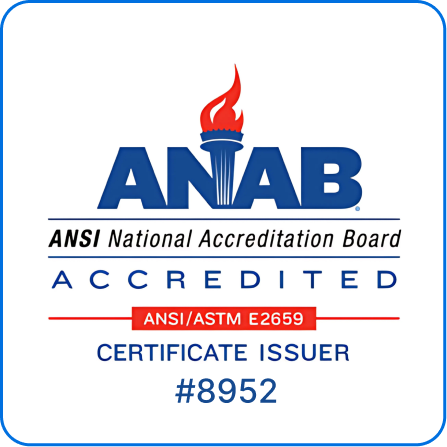
- ANSI National Accreditation Board (ANAB) Accredited
- Approved and Accredited in New Hampshire
- 100% Online, Accessible 24 hours a Day, 7 Days a Week
- Course Duration: 1.5 Hour
- Course Access: 3 Months from Purchase
- Owners/Managers: Manage, Track, and Report Employee Progress
- Certificate of Completion upon Successful Completion of Final Exam
- Exam Passing Score 70%
- 2 Chances to Pass the 40 Question Final Exam
- Languages Available: English, Spanish
- Bulk Discount Pricing Available
Our clients
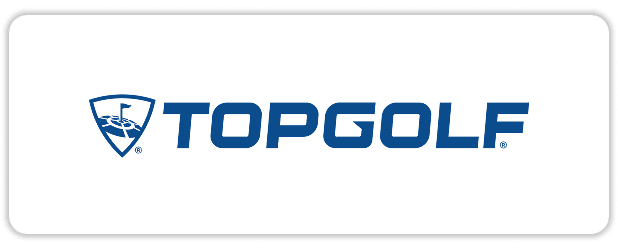
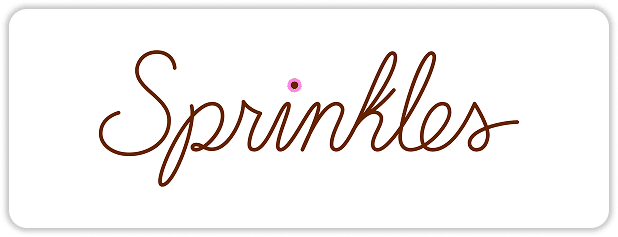

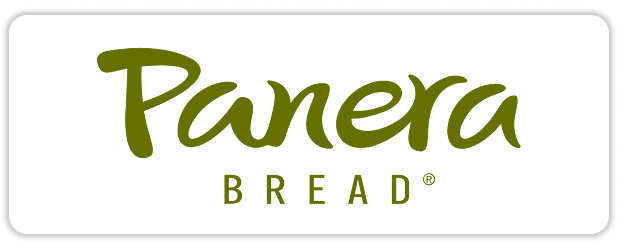
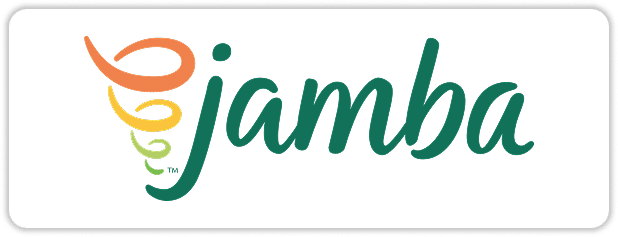

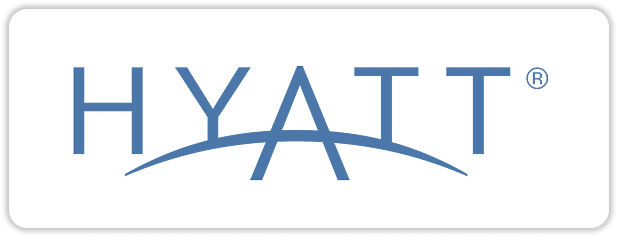
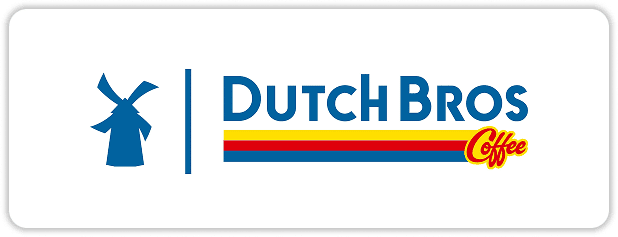
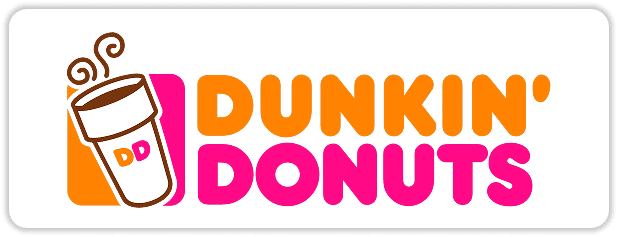
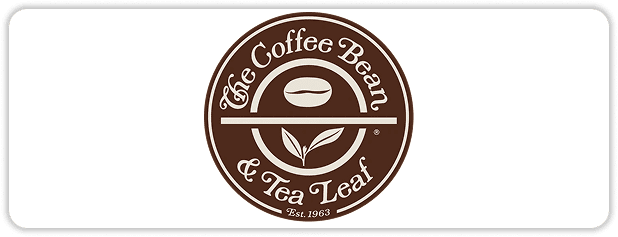
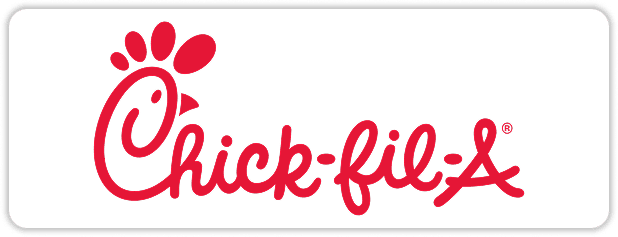
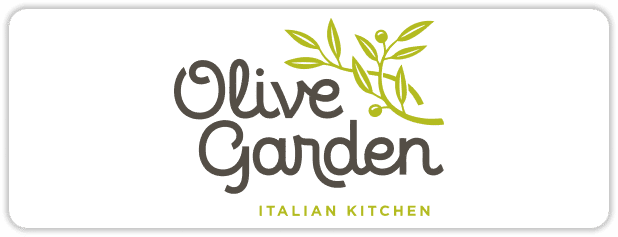
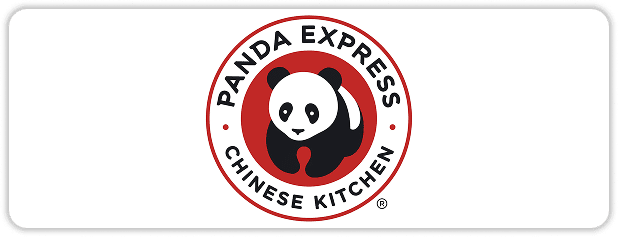
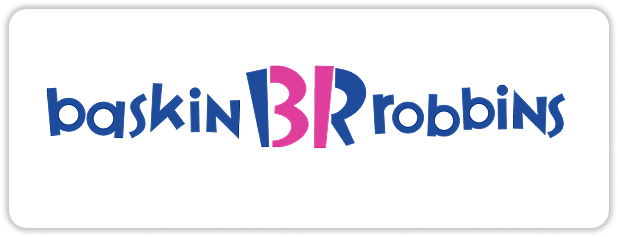
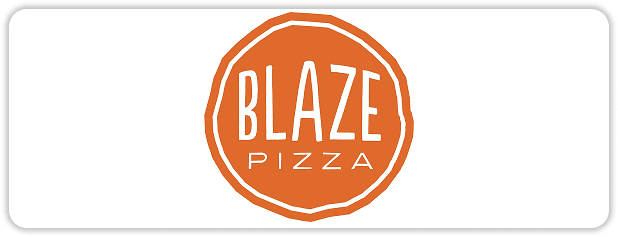
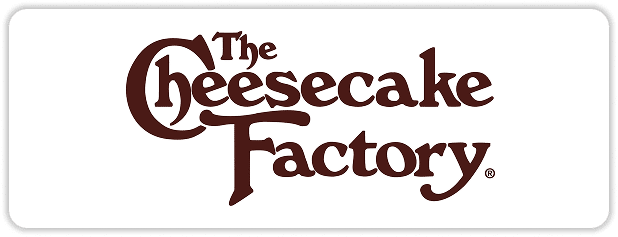
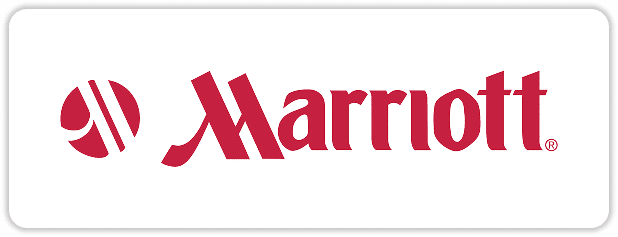

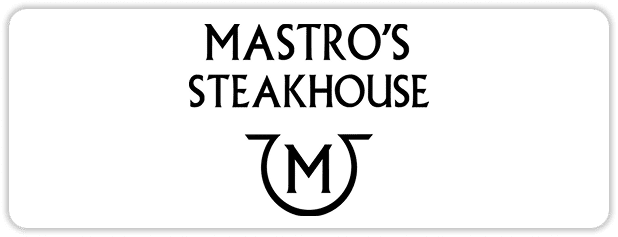
BENEFITS OF TRAINING
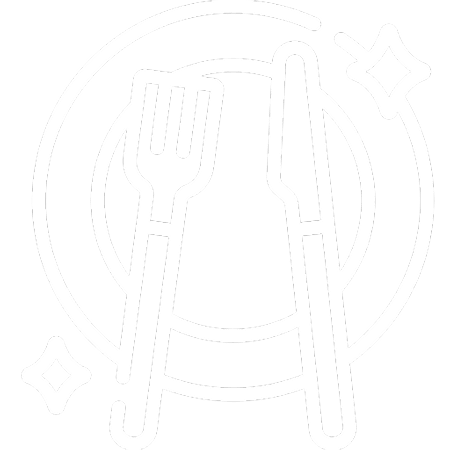
PREVENT
Education is the best tool to prevent, minimize, or eliminate foodborne illnesses and food hazards.
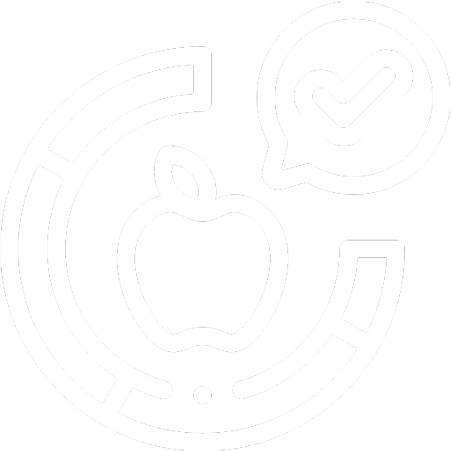
AWARENESS
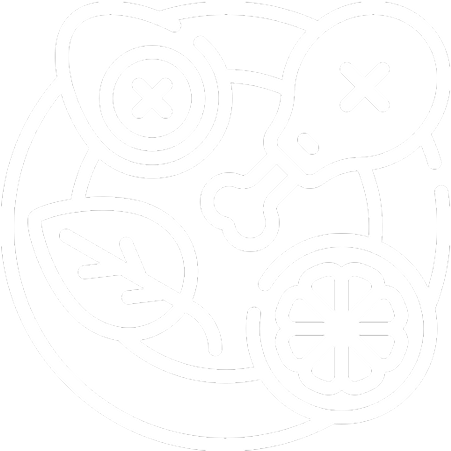
ELIMINATE
Training helps reduce or eliminate food safety hazards before they become major issues.

MINIMIZE
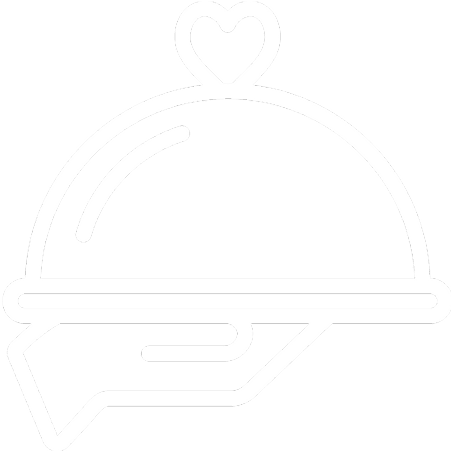
PRODUCTIVITY
Reducing food safety complaints will create a happier workplace and in turn increase productivity.
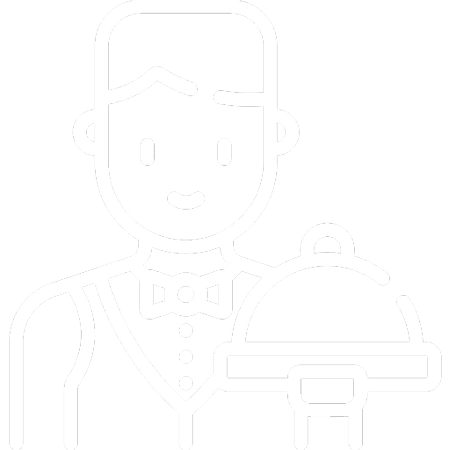
WORKPLACE SATISFACTION
WHY CHOOSE US

- Satisfaction Guarantee
- Online Interactive Course
- Meets and Exceeds State Guidelines
- Price Match Guarantee
- Owners and Managers: Manage, Track and Record Employee Progress
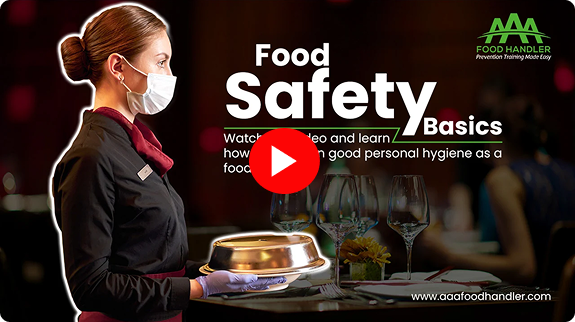
Getting Your Food Handler Card is Quick and Hassle-Free
Numerous professionals nationwide have already earned and renewed their card with AAA Food Handler — a trusted name in food safety training.
FREQUENTLY ASKED QUESTIONS (FAQs)
The course aims to promote safe food handling practices and reduce foodborne illness. It covers key topics such as hygiene, sanitation, temperature control, and contamination prevention, which is accredited by the ANAB.
Complete the 1.5-hour online course, pass the 40-question exam with at least 70%, and receive a certificate of completion. This card is valid in all New Hampshire counties.
This New Hampshire Food Handlers Card course costs $6.95; bulk discounts are available for businesses with multiple employees.
You’ll get two attempts to pass the final exam. If you fail on your first try, you can review the course content before retaking it.
The Course includes topics such as:
- Personal hygiene and handwashing
- Time and temperature control
- Cross-contamination prevention
- Safe food storage and preparation
- Cleaning and sanitizing procedures
The Course is 100% online, and you can complete it at your own pace as it is available 24/7, from any device.
You can take the course in English or Spanish, making it accessible to a broader audience.
It provides essential skills and knowledge that enhance food safety, increase your value as an employee, and improve workplace productivity.
The platform lets owners and managers oversee, track, and manage employee course progress and certificate status in real time.
After passing the exam, you’ll receive a downloadable certificate to present to your employer as proof of the Course.
Educating workers on proper food safety practices reduces the risk of contamination and foodborne illness statewide.
You’ll be qualified to work in food service establishments like:
- Restaurants (including Panda Express and Olive Garden)
- Cafés and bakeries
- Hotels like Hyatt
- Food trucks, cafeterias, and more
New Hampshire does not have county-specific food handler card requirements. A standard ANAB accredited food handler card is generally accepted statewide. However, you should check with your local health department or employer for specific requirements.
While not required by the state, completing a food safety course from an ANAB accredited provider is recommended. These online courses cover essential topics like personal hygiene, cross-contamination, time and temperature control, and cleaning and sanitizing.
For official food safety guidance in New Hampshire, contact the New Hampshire Department of Health and Human Services, Food Protection Section:
29 Hazen Drive, Concord, NH 03301
New Hampshire permits the sale of non-potentially hazardous foods, including baked goods, jams, jellies, dry mixes, granola, candies, and other shelf-stable products. These items must not require refrigeration.
Cottage food operators can earn up to $35,000 annually without requiring a Homestead Food License. Exceeding this threshold necessitates obtaining a license from the New Hampshire Department of Health and Human Services.
New Hampshire requires cottage food producers to complete a Food Handler certificate to ensure they follow safe food handling practices when preparing and selling homemade foods.


